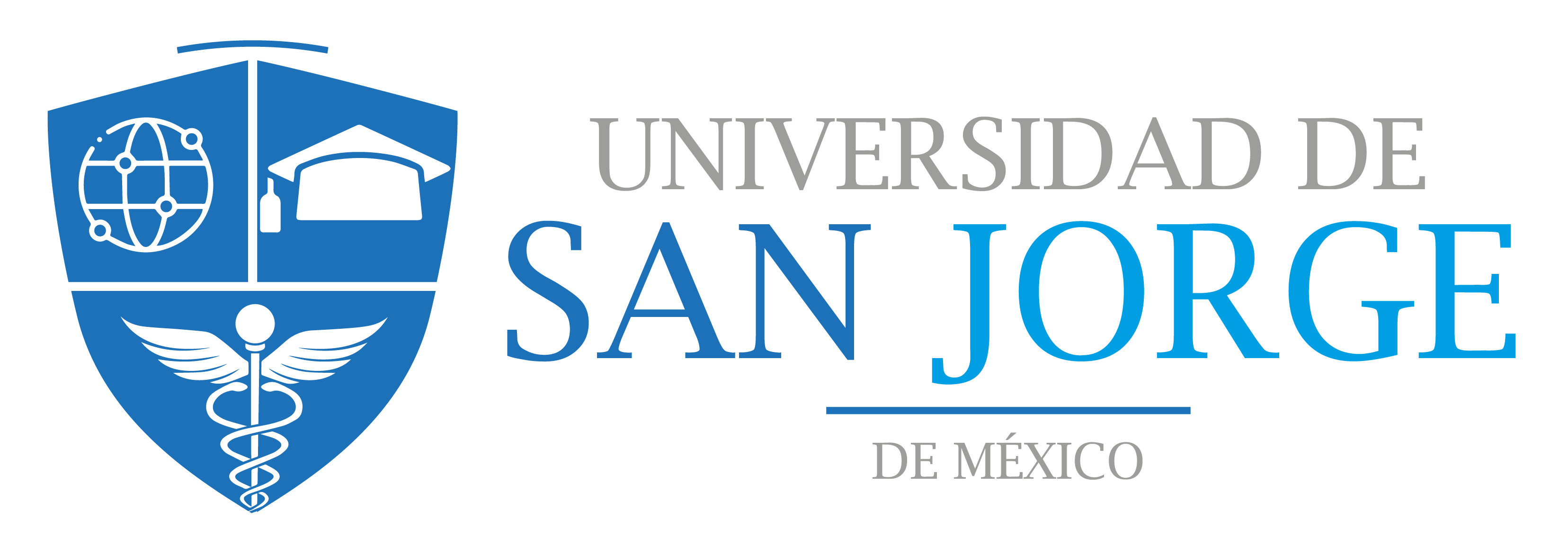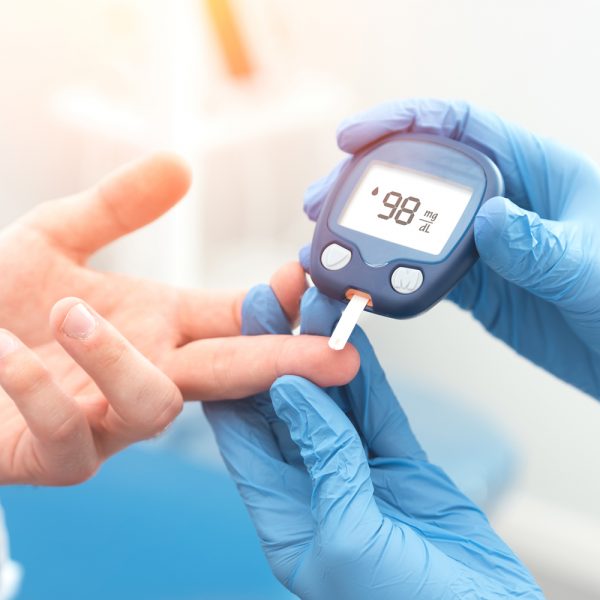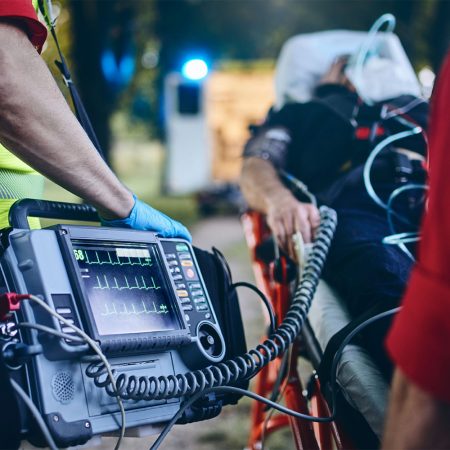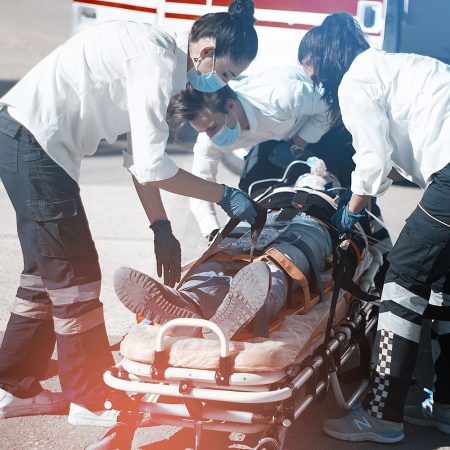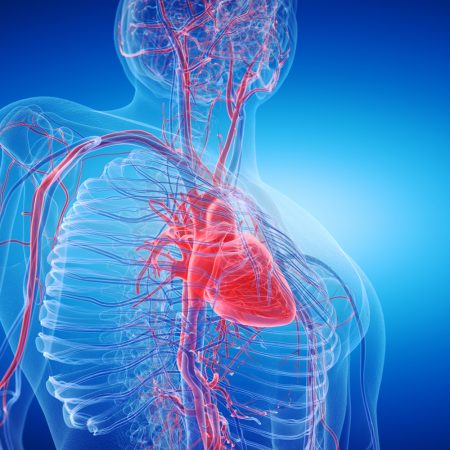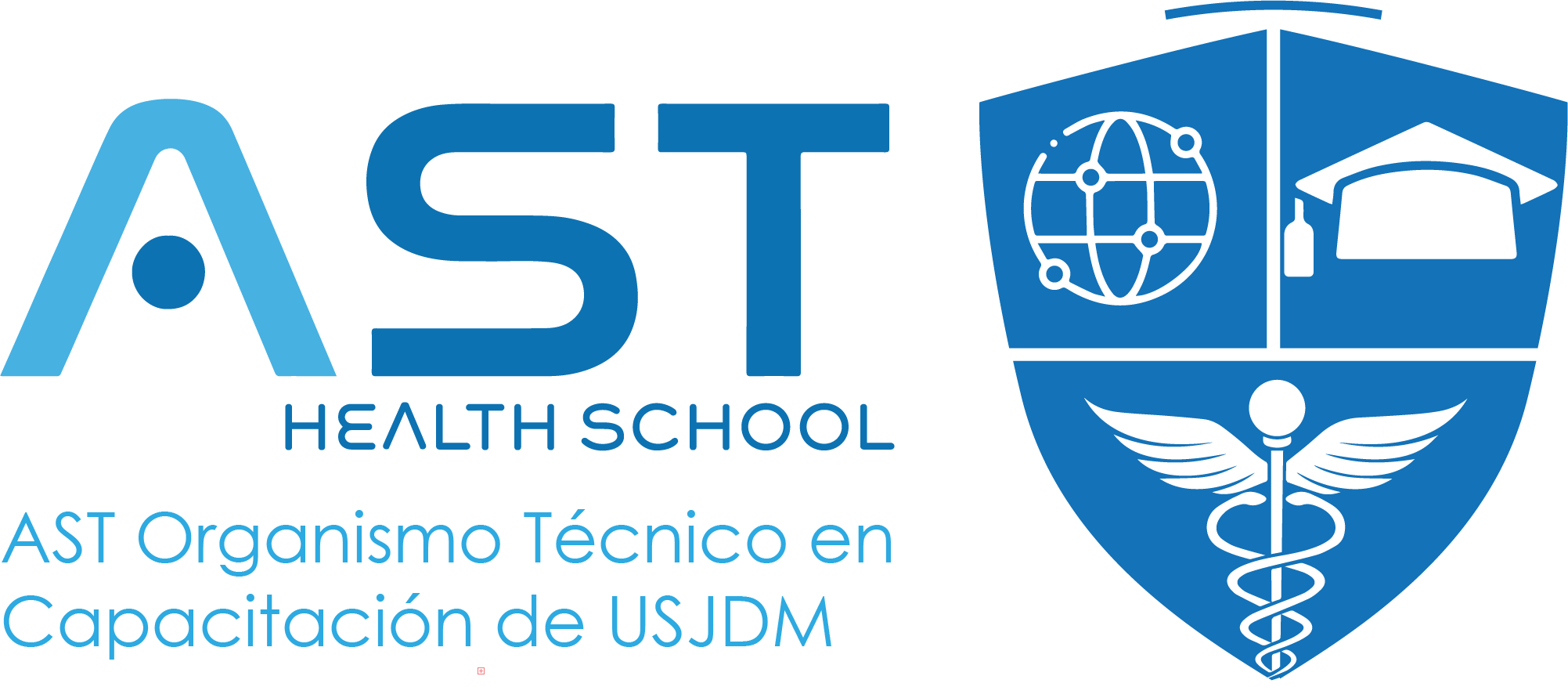Description
General Objective:
Integrate knowledge and tools for a comprehensive care of the diabetic person, with the necessary quality and safety standards.
Addressed to:
Doctors, nurses, nutritionists, occupational therapists, kinesiologists, other health professionals and technicians. Students in their final year of a health career are eligible for the diploma.
Content
Module I: UPDATE ON DIABETES MELLITUS AND NEW GUIDELINES FOR THE CARDIOVASCULAR HEALTH PROGRAM (CVHP)
New guidelines for the Cardiovascular Health Program
Integral Management of the Diabetic Foot
Diabetes Mellitus type 1
Diabetes Mellitus type 2
Module II: DIABETES: ANATOMY AND PHYSIOLOGY OF THE PANCREAS
Anatomy of the pancreas and endocrine system related to Diabetes.
Physiology of the Endocrine Pancreas
Physiology of the exocrine pancreas
Module III: EPIDEMIOLOGY, ETIOLOGY AND TYPES OF DIABETES
Etiology of Diabetes
Epidemiology of Diabetes
Clinical picture.
Diagnostic criteria of diabetes
Classification of diabetes
Prediabetes.
Insulin resistance
Suspicion of other types of diabetes
Module IV: ASSOCIATED COMORBILITIES
Dyslipidemia.
Arterial Hypertension
Obesity
Non-alcoholic fatty liver disease
Infection and Diabetes
Module V: CHRONIC COMPLICATIONS
Complications in general
Acute Complications: Diabetic Ketoacidosis
Acute Complications: Non-ketotic Hyperosmolar Coma
Acute Complications: Hypoglycemia
Chronic Complications: Nephropathy
Chronic Complications: Retinopathy
Chronic Complications: Atherosclerosis and Coronary Heart Disease
Module VI: CARE MANAGEMENT FOR DIABETIC PATIENTS
Assessment of the diabetic patient
risk and protective factors
Health care
Module VII: MANAGEMENT OF CARE IN THE HOSPITALIZED DIABETIC PATIENT
Care Management in the Hospitalized Compensated Patient
Care management in the hospitalized decompensated patient
Clinical Laboratory Analysis
Invasive procedures in the diabetic patient
Module VIII: PHYSIOPATHOLOGY OF THE DIABETIC FOOT
General physiopathology of the diabetic foot
Diabetic arteriopathy
Diabetic neuropathy
Foot deformities
Skin and nail alterations
Glandular pathophysiology of the foot
Module IX: NUTRITIONAL MANAGEMENT OF THE PERSON WITH DIABETES
Nutritional assessment
Nutritional plan in diabetics with oral hypoglycemic agents
Nutritional plan in diabetics with insulin
Physical activity and nutrition
Nutritional assessment in amputee patients (special anthropometric measurements)
Module X: ORAL MANAGEMENT OF THE PERSON WITH DIABETES
Oral health and diabetes
Periodontal Therapy
Oral Evaluation of the Diabetic Person
Oral education of the diabetic person
Follow-up plan and indications
Module XI: ANATOMY AND PHYSIOLOGY OF THE FOOT
Bone anatomy of the leg and foot
Muscular anatomy of the leg and foot
Vascular anatomy of the leg and foot
Innervation of the leg and foot
Physiology of the lower extremity
Module XII: ADVANCED HEALING OF THE DIABETIC FOOT
Care management in people with diabetic foot
San Elian Scale
Assessment of bacterial load in wounds and ulcers.
Advanced diabetic foot healing and basic basket.
Preparation of the working area during advanced healing
Diabetic foot management at different levels of care and referral criteria.
Special instrumentation and supplies for advanced healing
Ankle-arm index
Module XIII: INSULINIZATION
Admission to insulinization
Laboratory and complementary tests
Follow-up
Module XIV: PHARMACOLOGICAL MANAGEMENT
Oral hypoglycemic agents
Insulinosensitizers.
Drugs with incretin effect.
Inhibitors of renal reabsorption of glucose.
Insulin: Action and classification
Basal insulins
Prenatal insulins.
Insulin therapy schemes in type 2 diabetes (DM2).
Insulin therapy in type 1 diabetes (DM1).
Diabetes Therapy in Pregnancy.
Insulin pump and Continuous Glucose Monitoring (CGM).
New generation drugs
Module XV: AMPUTATION AND ORTHESIS
Management of care in the ward
Pre and post amputation care
Unloading shoes
Orthoses and insoles
Module XVI: USER AND FAMILY EDUCATION
User education
Individual and family counseling
Family intervention
Module XVII: MENTAL HEALTH IN PEOPLE WITH DIABETES
Sleep disturbances
Anxiety
Depression
Self-esteem, self-concept and its relation to diabetes
Ineffective coping, altered role and family functioning
Module XVIII: PODIOLOGIC MANAGEMENT OF THE DIABETIC FOOT
Podiatric evaluation of the diabetic foot
Podiatric management of the diabetic foot
Module XIX: QUALITY OF LIFE OF THE AMPUTATED DIABETIC
Amputation and quality of life
Gait training
Sexuality and post-amputation isolation
Additional information
| Country | Chile |
|---|---|
| Duration | 350 hrs |
| Certification | AST |
| Ranking | Adult, Outpatient, Primary Care, Education, Specialty, Hospital, Specialties |
